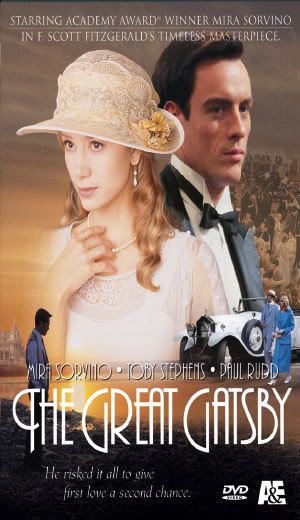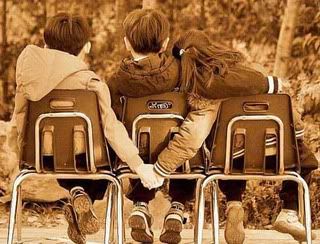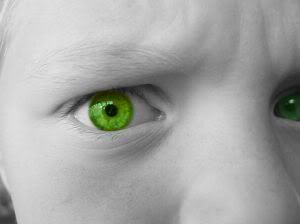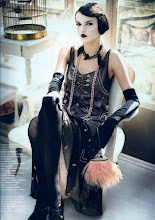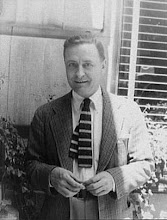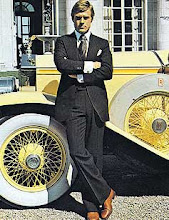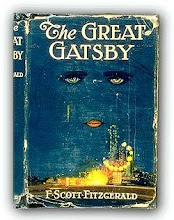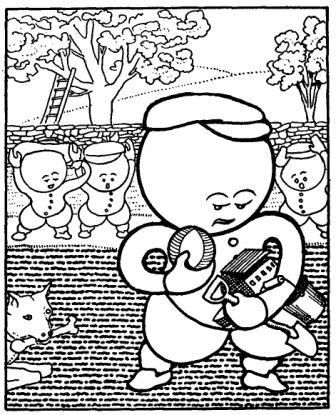
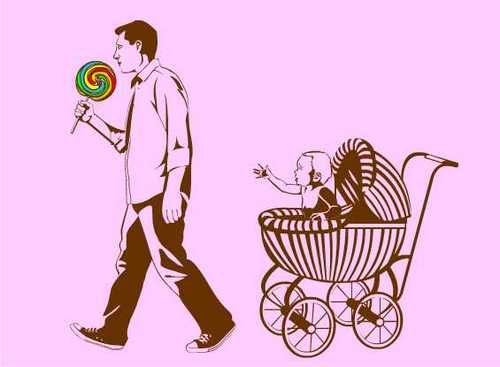
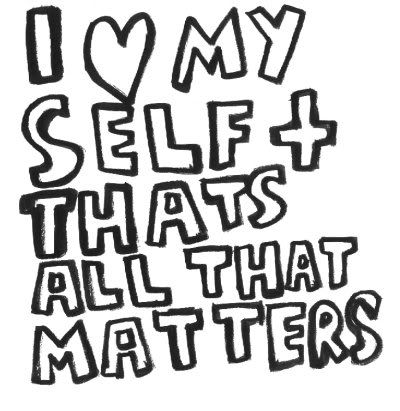
This is a tale about selfish love
She looks into his eyes. Tears rushing; pouring through little creek beds in her cheeks.
“It all seemed too good to be true,” she half says, half gasps. “When I told you I had cancer, and you said it didn’t matter because you loved me anyway.”
Electrodes. Wires. A hospital bed cradling the emaciated body. Somewhere in the background a machine beeps quietly, acknowledging the life still there, while another machine takes a long slow breath and exhales gently into a tube.
He looks at her. Still beautiful to him, even now. He can not face her long though and quickly turns away.
“It was so wonderful when you’d take me out on our dates. You were always so patient with me. If I couldn’t make it out, you were there at my side. If you couldn’t come, you’d be on the phone with me for hours. All so sweet.”
The smell of disinfectant is cloying. It is like a mixture of turpentine and vinegar. The combination burns in the sinuses. Sadly this is the last smell many previous occupants have known. None of the staff take notice anymore. It’s just the world they work in.
With trembling hand she reaches out and pulls his face around to meet hers. Pale skin. Dark, bruised, blue eyes. Softly she speaks.
“My friends all said you were after my money, what little I have, but I refused to hear it. Maybe I should have given more thought to it, but in truth I didn’t care. I’m 26 years old and dying. All that mattered was that I had someone there for me. And you were there. Kissing my tears away. Brushing my hair. I suppose in that way it was a selfish love. Though one you were only so happy to oblige me in. Then when you asked me to marry you… well, I guess I was naïve.”
A little laugh burbles through her pale, parched lips, before turning into a coughing fit. Glass of water from a plastic pitcher. Pink and ugly so that no one would ever think of stealing it. Somehow it makes even fresh water taste stagnant.
“I remember shortly after I started chemo, when I was feeling down about losing my hair. I told you I didn’t want you to see me like that. But you showed up anyway, head completely shaved. You laughingly called yourself Charlie Brown. So I took out a marker and drew three hairs on top.”
A small upturn at the right corner of her mouth. A fleeting smile, gone as quickly as it appeared.
“But the chemo didn’t work.”
“I’m sorry,” he breathes out. His eyes are swollen, raining down.
“Are you?” she asks.
“I meant it when I said ‘I love you.’”
Silence. The drip of an IV isn’t something you can hear. When you’ve been in and out of hospitals for two years though, it’s something you know you can feel.
“I thought you did. Then two weeks ago, when you didn’t show up or answer the phone, I got nervous. I was torn between worry for your safety and wondering if you’d decided to break it off with me. No word from you, until today. And now here we are; you a liar, and me a fool.”
“You’re not a fool,” he rasps as he pulls himself up on the bed rails. He reaches out for her hand but she pulls back.
“How long have you had cancer?” she asks.
Seeing her recoil from him is too much. With a heavy sigh he lets his tired body fall back into the pillows.
“Since I was 14,” he replies, “but it was in remission for a decade. When it returned it was widespread.”
“Why lie? I have cancer. I would have understood.”
“I didn’t want to risk it. I figured if I was just some guy who liked you, that you might fall for me.”
“But why?” she demands, pounding the bed rails. “Why would you do that to me?”
A slight wheeze as he responds simply, “I didn’t want to die alone.”
Conflict authors novels in her eyes. Pain, betrayal; love, anger, and finally sympathy.
“Bastard.”
“I really do love you,” he repeats. “I never lied about that.”
“I know. I just hate you for making me love you in return.”
“It won’t be long now. Will you stay with me?”
She reaches over and grasps his hand in hers.
“Till death do us part.”
information found at http://www.thenonreview.com/2010/02/short-story-selfish-love.html





